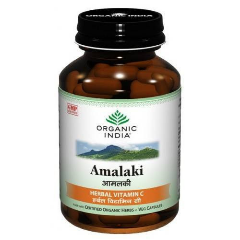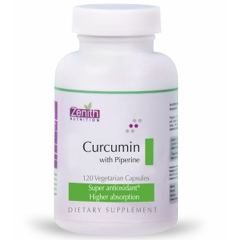
Image Source: Health365
Hence, it is not entirely advisable to get rid of the fever. Instead, the cause of the illness is detected. Depending on this cause of the illness, we must be armored with the medication that is needed. The treatment corresponding to the kind should be procured. But sometimes, when the fever is making you highly uncomfortable, there are plenty of ways to bring it down and thus, reducing its effect on our body.
These methods include taking rest, de-stressing our body, taking nutritious diet and doctor-prescribed counter medication. While these definitely help us assuage the discomfort, there is one best measure, preventing the fever itself.
BATTLING A FEVER:
It is definitely a herculean task to tackle a fever. Things demand greater care and attention during the fever than during the times without it. Before pondering on these measures, we need to understand that there are two ways of doing this.
• What all to do during a fever
• What not to do during a fever
These two ramifies the complex task of staying away from the fever. And let's see how.
WHAT ALL TO DO DURING A FEVER:
Fever has consented to be our guest. This gives us the need to shoulder the responsibility of treating it with care, which takes us to the first of the three methods.
METHOD 1: MAKING ADJUSTMENTS TO YOUR HOME ENVIRONMENT
These include:
• Drinking a lot of water: Water helps us lower our body temperature. Often our body is dehydrated during a fever. Drinking at least 8 ounce of water every two hours balances it.
• Wearing comfortable clothing: Wearing loose, comfortable clothes during this time, aids in air circulation and relaxes the body. This helps us stay cool and lowers the temperature.
• Lower the room temperature: High temperatures can make a fever last longer. This cause excessive sweating which can lead to dehydration. The room temperature should ideally be 73–77℉ .If the room is hot or stuffy, a fan may help.
• Getting plenty of rest: Taking rest during the time of fever is a must. This helps the body heal faster and strengthens the immune system in time.
METHOD 2: MAKING CHANGES TO YOUR DIET
• Avoid inflammatory foods: Fever is itself a kind of inflammation which our body uses to protect it from the foreign agents. Taking inflammatory food only worsens the situation and healing taking longer.
• Eat anti-inflammatory foods: Eating anti-inflammatory food, rather, would catalyze the healing process. These include fruits such as strawberries, cherries, and oranges, nuts like almonds and walnuts and green leafy vegetables such as spinach or kale, which are high in antioxidants.
• Take Vitamin C: Vitamin C is a vital natural anti-oxidant which promotes the immune function, balance blood sugar, aid in cell growth and repair, and reduces the risk of various chronic diseases.
Method 3: Using Herbal Remedies
• Drink herbal tea: Herbal teas contain many antioxidant and anti-inflammatory compounds that can help promote relaxation and calm indigestion and gastric reflux.
• Drink rice water: When a fever is accompanied by severe diarrhea or indigestion, it is a good idea to reduce it with the help of rice water
• Use cayenne pepper: Cayenne peppers contain capsaicin. This has antiviral, antioxidant, and anti-inflammatory properties that promote healing.
WHAT NOT TO DO DURING A FEVER:
Here's what not to do, what to avoid during the fever time.
• Avoid unpasteurized milk
• Avoid non-vegetarian food like red beef, fish, shellfish as they have high level of cholesterol.
• Avoid beverages like soda or any kind of carbonated soft drink.
• Avoid alcohol, tobacco and smoking during fever.
Fever is nothing but the nature's way responding to the interference of foreign particles on our body and trying to prevent adverse effects it might furnish on our body. Since some of the bacteria and viruses can sustain our body temperature, the body rises its temperature to nullify the effect of the bacteria. This fever, a self-combat by the body, hence should be given the significance it demands and care should be taken.





